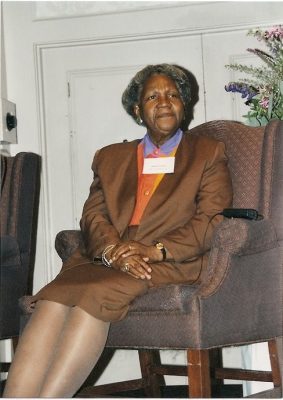Approved by the Connecticut Certification Board (CCB) for Alcohol and Drug Counselors
Jennifer Berton, PhD, LICSW, CADC-II
Thurs, January 18, 2024![]()
Webinar
9 am – 12 pm
3 CECs
Registration Fee: $75
10% discount for UConn SSW Alumni and Current SSW Field Instructors
Webinar link will be emailed when your registration is complete.
Historically mislabeled as a difficult population, this webinar will explore the characteristics of adolescent addiction, the recovery pitfalls, and effective treatment interventions that will engage your young clients.
Adolescent Addiction is a distinct problem, with biopsychosocial elements unique to this age group, which indicates there are unique treatment implications. This training explores the unique elements of adolescent addiction and discusses the best ways to both prevent and treat it. While the majority of the training addresses substance use, other addictions – gambling, sex, internet, fitness – will be included.
Adolescent Addiction is often guided by cultural, political, and social forces. Adolescents my be judged for wanting attention, submitting to peer pressure, or making “stupid” choices, depending on the culture in which the teen is a member. The degree that the addiction is accepted is often based on these influences. This training includes a discussion of these influences, not only in understanding how teen addiction develops, but also how recovery can be sabotaged or supported by these influences.
Participants will:
- learn the differences between the adult and adolescent brain
- explore the principles of addiction and how it affects the adolescent brain
- review updated assessment tools for this population
 Ivor J. Echols, MSW, PhD, made pioneering contributions as an educator, an activist for civil rights and social justice, and an avid promoter of the social work profession. She inspired hundreds of students and as a leader, strengthened numerous community and national organizations, including the National Association of Social Workers and the National Association of Black Social Workers. Throughout her life, she worked tirelessly to combat racism and injustice, especially toward the African-American community and those living in poverty. She was a leader in national, state, and local organizations.
Ivor J. Echols, MSW, PhD, made pioneering contributions as an educator, an activist for civil rights and social justice, and an avid promoter of the social work profession. She inspired hundreds of students and as a leader, strengthened numerous community and national organizations, including the National Association of Social Workers and the National Association of Black Social Workers. Throughout her life, she worked tirelessly to combat racism and injustice, especially toward the African-American community and those living in poverty. She was a leader in national, state, and local organizations.